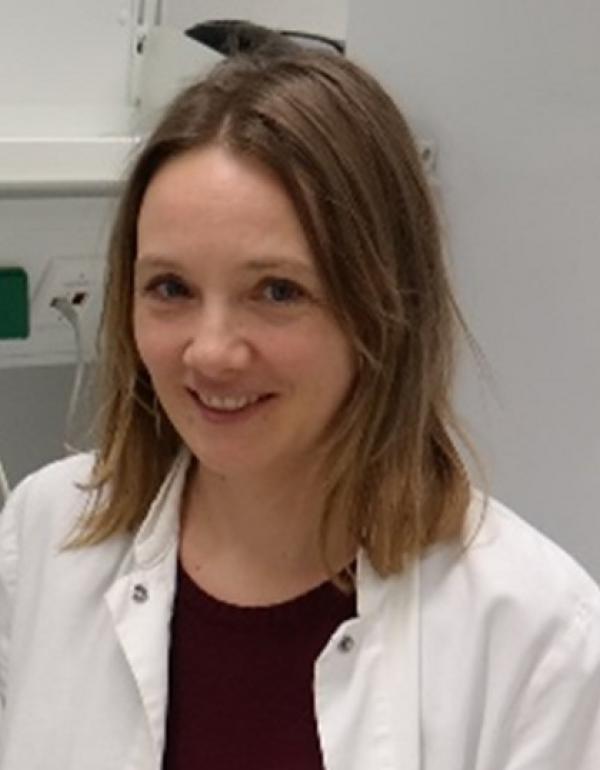
Anja Wilmes completed her Ph.D. in Cell and Molecular Biology at the School of Biological Sciences at Victoria University of Wellington in New Zealand in 2008. She then started working as a PostDoc at the Medical University of Innsbruck, Austria in the Division of Physiology in the group of Prof. Jennings, where she used integrated omics to study nephrotoxicity in human proximal tubular cells. In 2013, she started working with induced pluripotent stem cells (iPSC) within the StemBANCC consortium and developed methods to drive iPSC into renal cell types, including proximal tubular cells and podocytes. In 2016, she completed her habilitation (venia docendi) in physiology with the title "Molecular investigations of chemical stress induction in the renal proximal tubule”. Since 2018, she is working as an Assistant professor at the Vrije Universiteit Amsterdam to continue her work to develop iPSC-derived cell models for toxicity testing with a focus on the development of human screening models for personalized medicine and toxicity. She is currently involved in several large consortia, including the EU projects EU-ToxRisk and RISK HUNT3R and the Dutch project VHP4Safety. Other individual projects include the replacement of Matrigel (Stiftung Set project) and the development of iPSC-models for studying mitochondria toxicity (Stiftung Pro-Care project).
OpenTox Virtual Conference 2023
Advanced in vitro models for toxicity testing
Risk assessment of hazardous substances, including pharmaceuticals, environmental toxins and other chemicals, is still dependent on animal models. Nevertheless, scientific reasons (human relevance) and ethical concerns have driven the development of New Approach Methodologies (NAMs) and initiated collaborations between academia, industry and regulatory organizations with the aim the replace, reduce and refine (3R) animals used in toxicity testing. NAMs rely on and benefit from advanced testing models, including human cell models, e.g. primary cells, induced pluripotent stem cell (iPSC)-derived models or non-cancerous cell lines that are cultured under physiology relevant conditions. Innovative culture settings include barrier models that can be cultured on microporous growth supports (aka transwells) or microphysiological systems (MPS), including organ-on-a chip (OoC) cultures may help to obtain more mature phenotypes of human in vitro cell systems that are more relevant to the in vivo situation. Furthermore, the addition of infection-relevant immune-competent cells and humoral components is an important step in advanced cell culture models. This session focuses on recent development in the field of human barrier models cultured under advanced culture settings.
